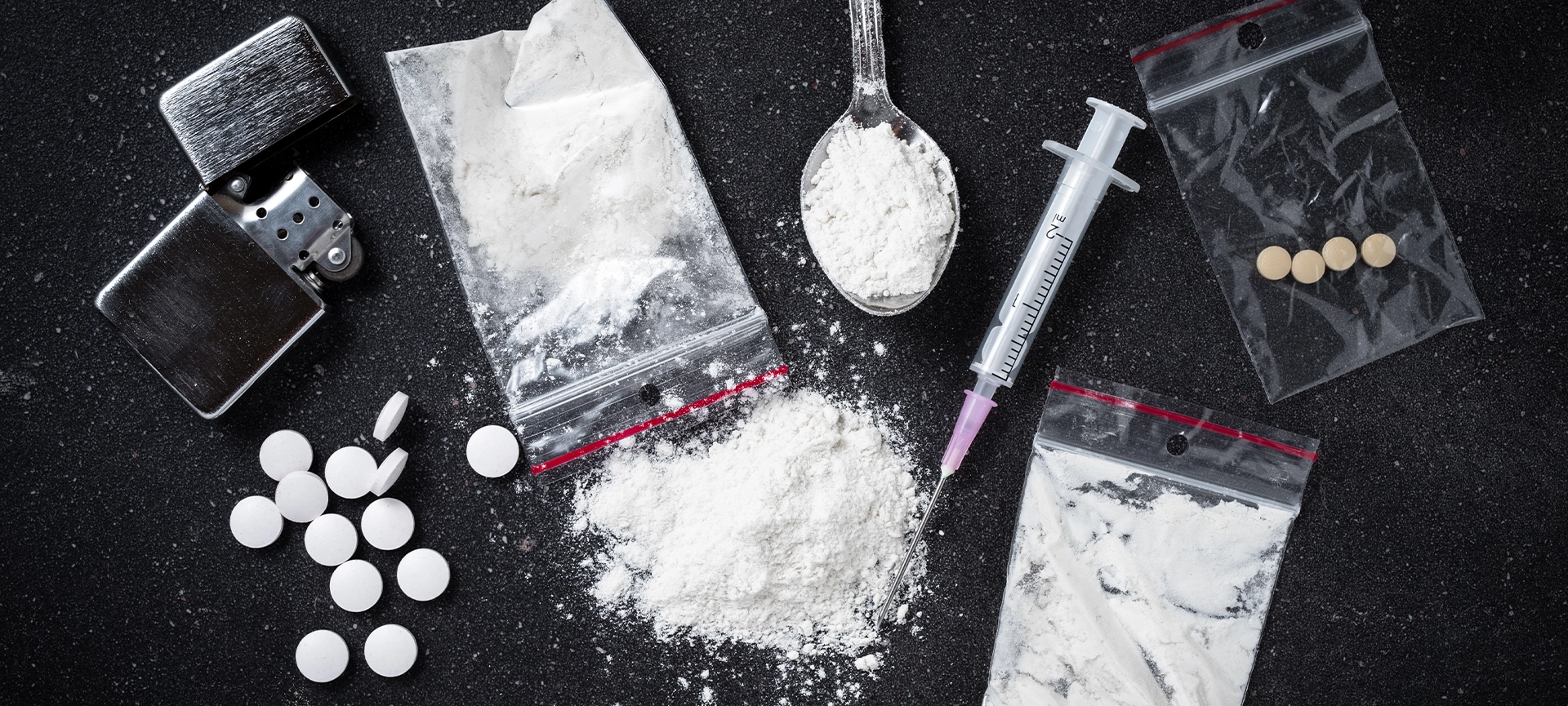Meth Relapse: Common Triggers and How to Avoid Them
Methamphetamine addiction is one of the most challenging forms of substance abuse to overcome. While achieving sobriety is a significant milestone, staying sober requires ongoing effort and support. Meth relapse is a real risk for many in recovery, but understanding common triggers and learning strategies to avoid them can help build resilience and ensure long-term success.
What are the common triggers for meth relapse? Know these underlying reasons and actionable tips to maintain sobriety.
At Inspire Change Wellness in Vancouver, we provide the tools and support to help individuals face these challenges and achieve lasting recovery.
Related Article: What Is Meth? Understanding the Substance and Its Risks
What Is Meth Relapse?
Meth relapse refers to a return to methamphetamine use after a period of sobriety. Relapse can be a part of the recovery journey for many individuals, but it’s not a sign of failure. Instead, it highlights the importance of identifying and addressing the factors that increase the risk of returning to substance use.
Common Triggers for Meth Relapse
Relapse triggers are situations, emotions, or experiences that create a strong urge to use meth again. Here are some of the most common triggers and why they occur:
Stress
Stress is one of the leading triggers for relapse. The pressures of work, relationships, or unresolved trauma can create overwhelming feelings, making meth seem like an escape.
How to Address It:
- Practice stress management techniques such as meditation, exercise, or deep breathing.
- Build a support system to share your struggles with trusted friends, family, or therapists.
Emotional Pain
Feelings of guilt, shame, sadness, or anger can be powerful relapse triggers, especially if they remain unaddressed.
How to Address It:
- Seek therapy to work through unresolved emotions.
- Engage in journaling or creative outlets to process feelings constructively.
Related Article: The Impact of Seasonal Affective Disorder (SAD) on Addiction Recovery
Environmental Cues
Places, people, or objects associated with past meth use can trigger cravings. These cues often bring back memories of substance use, creating temptation.
How to Address It:
- Avoid environments or individuals that encourage drug use.
- Replace old habits with new, positive routines and hobbies.
Overconfidence
Feeling overly confident in your ability to stay sober can lead to risky behaviours, such as visiting places associated with meth use or skipping support group meetings.
How to Address It:
- Stay humble about your recovery journey and maintain accountability through regular therapy or group sessions.
- Recognize that recovery is a lifelong process.
Peer Pressure
Social circles that include meth users can significantly increase the risk of relapse. Even casual interactions with individuals who use meth can trigger cravings.
How to Address It:
- Surround yourself with sober, supportive individuals.
- Consider joining recovery-focused communities to build new relationships.
Boredom
Idle time or lack of purpose can lead to a desire to fill the void, often with harmful behaviours like substance use.
How to Address It:
- Create a structured daily routine that includes fulfilling activities, such as exercise, volunteering, or learning new skills.
- Explore hobbies that provide joy and a sense of achievement.
Negative Self-Talk
Feelings of inadequacy or self-criticism can lead to destructive thoughts and, ultimately, relapse.
How to Address It:
- Practice self-compassion and positive affirmations.
- Work with a therapist to address negative thought patterns and build confidence.
Related Article: Meth Addiction: Signs, Symptoms, and Effects
How to Avoid Meth Relapse
Avoiding relapse requires a proactive approach. Here are strategies to help maintain sobriety:
1. Recognize Your Triggers
The first step in avoiding relapse is understanding what triggers your cravings. Keep a journal to identify patterns and situations that increase your risk.
2. Build a Strong Support Network
Recovery is not a journey to be taken alone. Surround yourself with individuals who encourage your sobriety, such as family members, close friends, or support groups.
3. Commit to Aftercare Programs
Continuing therapy, attending group sessions, or participating in aftercare programs offered by facilities like Inspire Change Wellness can provide ongoing guidance and accountability.
4. Focus on Physical Health
Good physical health can improve mental resilience:
- Eat a balanced diet.
- Exercise regularly to boost endorphins and reduce stress.
- Get enough sleep to improve overall well-being.
5. Learn Coping Skills
Develop healthy ways to manage emotions and stress. This could include mindfulness, yoga, or finding creative outlets like art or music.
6. Celebrate Milestones
Recognize and reward your progress, no matter how small. Celebrating achievements reinforces positive behaviour and motivates continued sobriety.
7. Seek Professional Help When Needed
If you find yourself struggling, don’t hesitate to reach out to a therapist or addiction specialist. Relapse is preventable with the right tools and support.
How Inspire Change Wellness Supports Relapse Prevention
At Inspire Change Wellness, we understand the complexities of meth addiction and the challenges of relapse prevention. Our holistic, men-only approach provides clients with a safe and supportive environment to heal and grow. Here’s how we help:
Personalized Treatment Plans
Every individual’s recovery journey is unique. We create customized plans tailored to your specific needs, ensuring you receive the right support.
Comprehensive Therapy
Our meth rehab programs include group therapy, trauma counselling, and one-on-one sessions to address emotional and psychological triggers.
Skill-Building for Life After Rehab
We equip clients with practical skills to manage stress, navigate challenges, and maintain sobriety in real-world situations.
Ongoing Support
Recovery doesn’t end after treatment. Our aftercare programs and support networks ensure clients continue to receive guidance as they reintegrate into society.
Holistic Approach
In addition to traditional therapy, we incorporate mindfulness, fitness, and spiritual practices to promote overall well-being.
Overcoming Relapse Triggers for a Sober Future
Meth relapse is a challenging hurdle, but with awareness, preparation, and support, it can be prevented. By identifying common triggers and implementing strategies to manage them, you can build resilience and confidence in your recovery journey.
At Inspire Change Wellness, we’re committed to helping you navigate these challenges with compassion and expertise. If you or a loved one is struggling with meth addiction, contact us today to learn more about our comprehensive treatment programs. Together, we can pave the way for a brighter, sober future.





